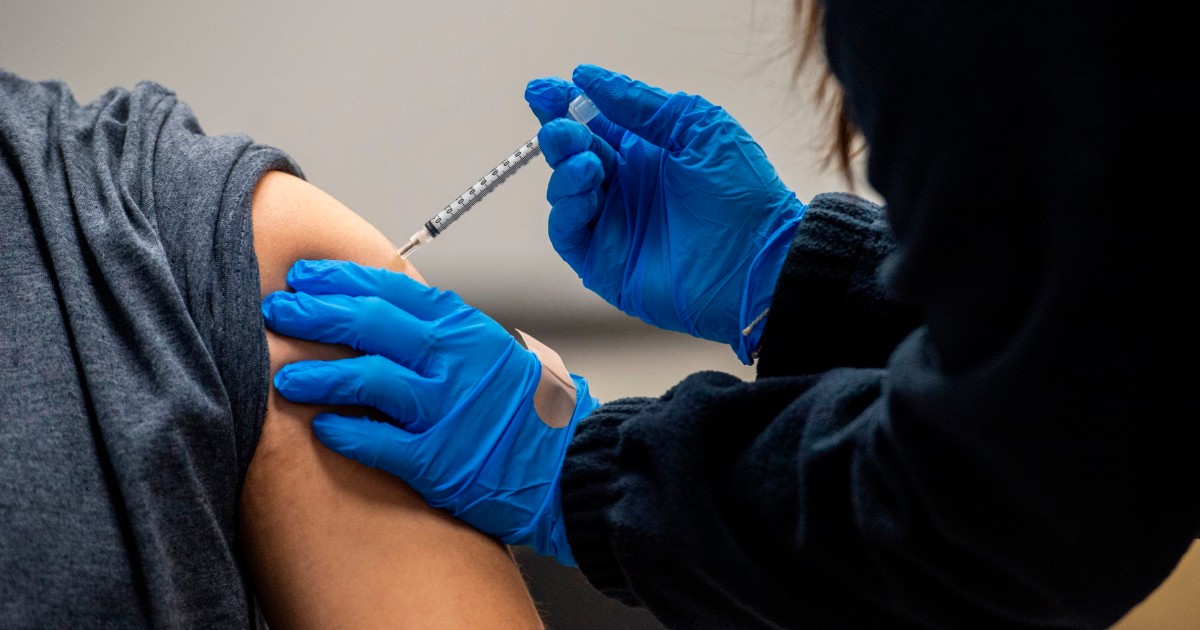Doctors have long urged people ages 50 and older to get a yearly shot to protect against pneumonia. The Centers for Disease Control and Prevention now agrees.
On Wednesday, an independent group of advisers to the CDC voted 14 to 1 to lower the age for routine pneumococcal vaccines to 50. CDC Director Dr. Mandy Cohen almost immediately signed off on the recommendation from the Advisory Committee on Immunization.
The shots were previously only recommended for adults 65 and older, and for children 5 and younger.
“I’m very pleased that we’re moving to age 50,” said Dr. William Schaffner, an infectious disease expert at Vanderbilt University Medical Center. It’s a good way, he said, to protect those who are at greater risk for complications from bacterial pneumonia, particularly communities of color.
“The peak in serious invasive pneumococcal infections occurs earlier in the Black population” at about 55 to 60, he said. “In order to capture as many of those people as possible and prevent those very serious infections, you want to make the recommendation as simple as possible.”
Data from the National Association of Nutrition and Aging Services Programs shows that pneumococcal vaccination efforts aren’t as robust in minority groups.
“Lowering the age recommendation would help increase the vaccination rate, especially among African Americans and Hispanic Americans, because they they average about 10% less in terms of vaccination rates to white older adults,” said Bob Blancato, executive director of the National Association of Nutrition and Aging Services Programs.
The NANASP, along with the National Hispanic Council on Aging and the National Caucus and Center on Black Aging, recently sent a letter to the ACIP urging members to lower the age recommendation for routine pneumococcal vaccines from 65+ to 50.
“It’s time to make a move,” Blancato said.
Pneumococcal vaccines can help prevent infection from bacteria called Streptococcus pneumoniae. The bacteria can cause mild illnesses, such as ear and sinus infections, but can be deadly when they get into the lungs, bloodstream or lining of the brain and spinal cord (meningitis).
According to the CDC, 1 in 6 older adults who get either pneumococcal bloodstream infections or pneumococcal meningitis will die from the disease.
A quarter–million hospitalizations from pneumococcal pneumonia are estimated to occur every year in the United States, according to the CDC.

Leave a Reply